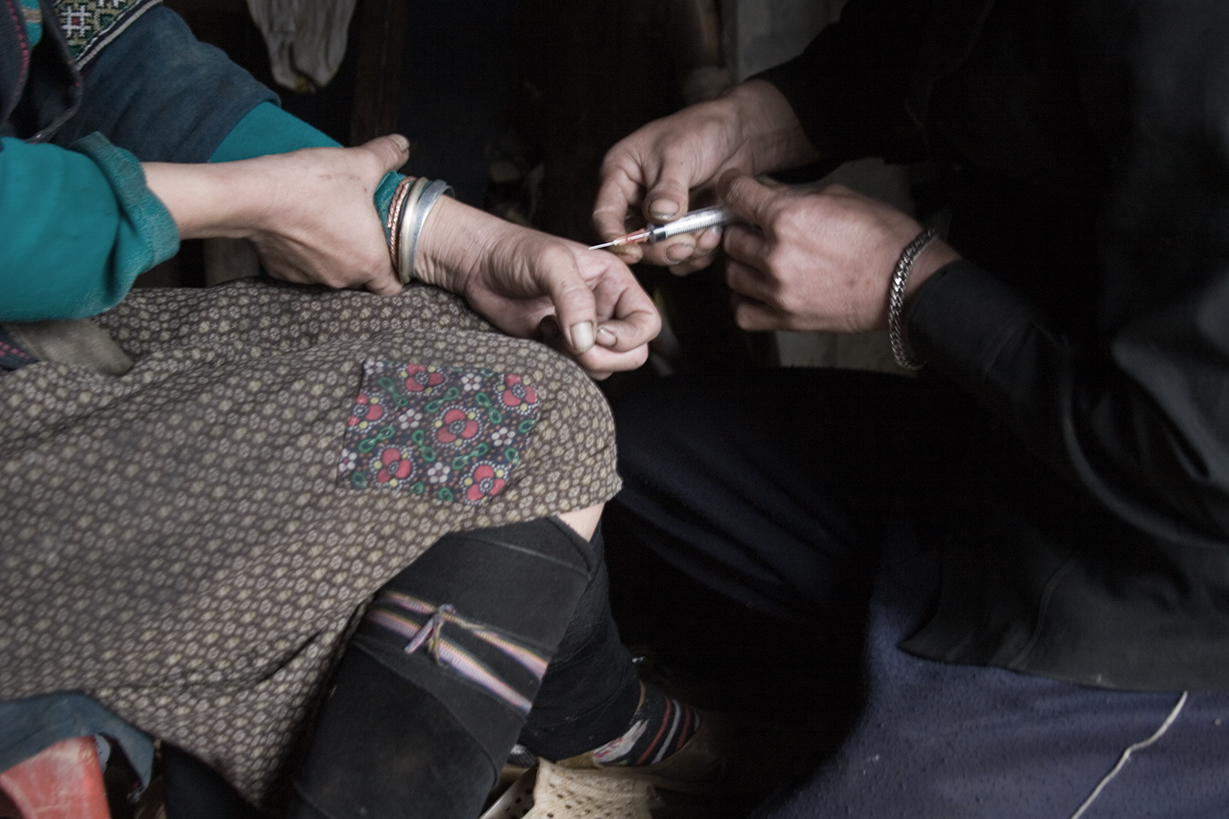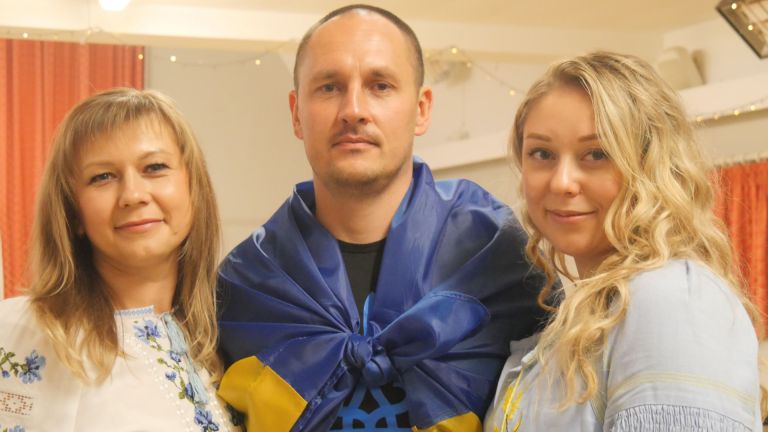The priority must be firstly to keep people alive. We should reflect on the fact that, in 2020 Scotland, that is the challenging and ambitious priority.
But that is not the core issue. Drug policy is only part of the picture. Countries with different and contrary drug policies do better than Scotland on both measures – the rate of problem drug use and the rate of overdose. The Netherlands and Sweden have adopted very different policy responses but share a similar low level of problematic drug use. Their drug death rates seem almost insignificant when compared to Scotland’s.
The difference between countries like The Netherlands or Sweden and Scotland is that they, like the vast majority of Europe, have much lower rates of economic poverty and of inequality than Scotland. This is a result of the social policy of successive governments in each country.
Scotland’s drug problem has its roots in economic poverty and inequality. The harsh climate of 1980s de-industrialisation and the economic and social impact of that in the subsequent decades shows a similar trajectory to the increase in problem drug use.
Other countries chose a different policy where the state created alternative employment and opportunity during these changes. This was not the policy in the UK. Devolved governments of all parties have failed to resolve these issues. The consequence of this ongoing approach is a large and more entrenched drug problem nationally.
Advertising helps fund Big Issue’s mission to end poverty
The impact of 1,264 deaths in 2019 will have fallen on families and the children left behind, who in turn are more likely to experience the trauma and adverse circumstances that lead to problem substance use.
There needs to be a paradigm shift towards an approach of social inclusion which values the lives of the most marginalised on an equal level to the rest of society.
Substance use problems exist in second and third generations of families with significant levels of trauma and mental health issues accompanying their poverty. Communities are devastated. The disparity in prevalence of problem drug use between different postcodes is stark. They say that anyone can develop a drug problem – but they don’t.
People with a drug problem often live in crisis. So it is very difficult for them to speak up for themselves and demand what is rightfully theirs, including NHS treatment. In other European countries where there are drug user activists who push for change. These have been lacking in Scotland.
People with a drug problem come mainly from communities marginalised within Scottish society. Their issues are often compounded by poor engagement by education services and early involvement with criminal justice. By the time their drug problem begins they are already hugely disempowered and disenfranchised.
And yet all the evidence is that high quality treatment is the key to preventing overdose deaths. At Scottish Drugs Forum we have worked to raise awareness of the importance of this issue and the evidence base and work in partnership with others to improve services. There is sign of progress in this regard – new standards for treatment were published in November. The implementation of these will be a huge undertaking as they address fundamental issues of service culture as well as issues like choice of medication and waiting times.
If you travel to Europe and meet people who are in treatment or who have moved on from treatment, the first thing that strikes you is how different this is from Scotland. In Europe people in recovery are often employed or in education or training. They seem to be in better physical and mental health. The prospect of making this kind of recovery in or through treatment must encourage people to enter and stay in treatment.
Advertising helps fund Big Issue’s mission to end poverty
We have to remember that in other countries people on a methadone or other prescriptions usually work. This helps them extend their social networks and improves their self-esteem. In Scotland we need employment programmes and better connection to health and wellbeing services for people in treatment. In Scottish treatment services there is often an assumption that people cannot work or undertake any other activity.
We have a long way to go and a lot to learn – the drug deaths are the most stark issue but the solution ultimately lies in how we address inequality, disadvantage and marginalisation.
For too long people have been socially excluded. There needs to be a paradigm shift towards an approach of social inclusion which values the lives of the most marginalised on an equal level to the rest of society.
David Liddell is the chief executive of the Scottish Drugs Forum.









